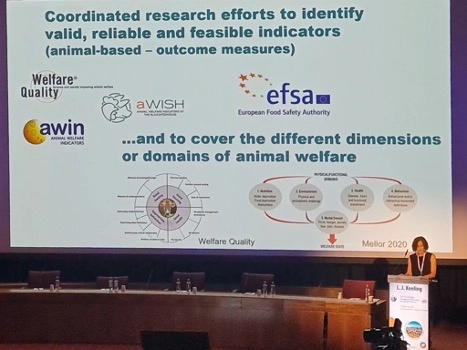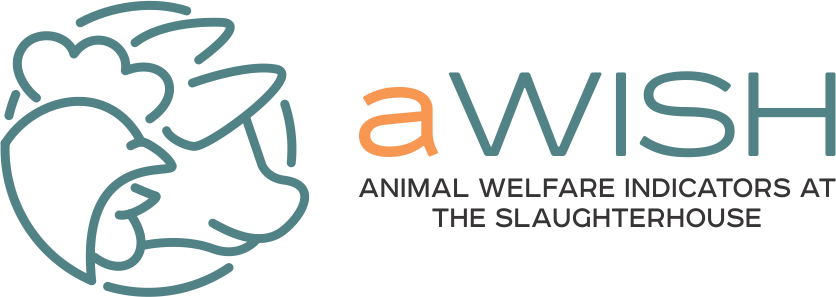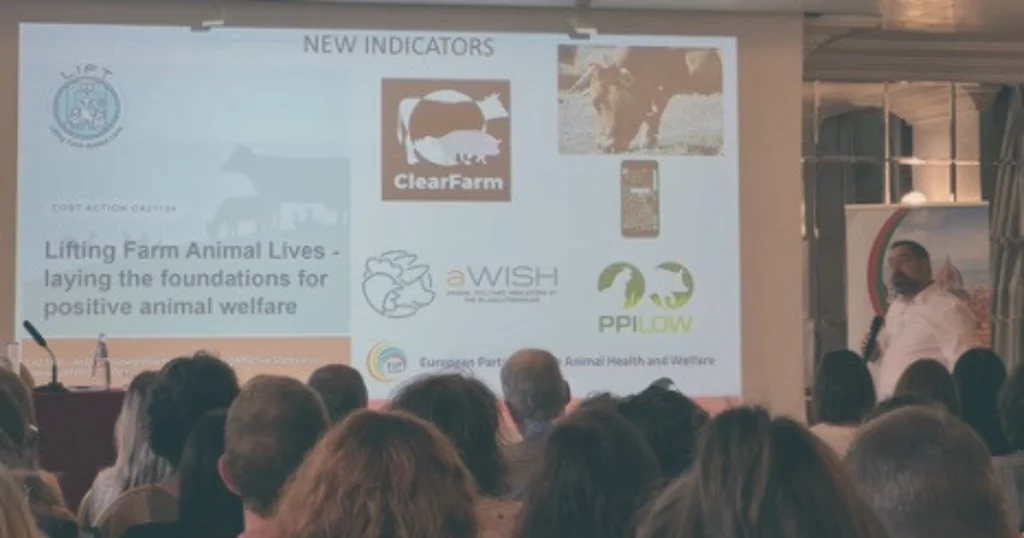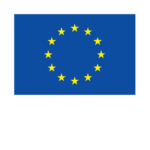This was the first in-person the Welfare Assessment of Animals at Farm Level (WAFL) conference since Wageningen in 2017 and followed the successful online WAFL conference in 2021. As in all previous WAFL meetings, research on any topic related to the assessment of animal welfare is welcome, though this year there was a firm focus on farm animals. The importance of an international conference dedicated to farm animal welfare science was never greater.
The aWISH project was also present at this conference where Pol Llonch Obiols (Universitat Autònoma de Barcelona) showcased how sensor technology can continuously monitor animal welfare. For sensor data to be truly useful, it must be accurate and relevant for welfare issues. That’s why validating sensors is key for both research and commercial use.
In the aWISH project, a guideline was created to a standardize the of sensor validation and consists of two main parts. The first checks if sensors provide accurate data, while the second ensures that the data can support animal welfare decisions. This presentation focused on the second part, which involves selecting welfare issues, identifying key indicators, aligning them with sensor outputs, and figuring out the right sample size and analysis. Also some limitations of this approach were highlighted. Case studies on cattle, pigs, and poultry can be used to demonstrate the process using various sensors like cameras, microphones, and more.
The aWISH project, coordinated by ILVO was also referred to in the keynote speeches at the WAFL2024 conference by Antoni Dalmau from IRTA and at the EAAP
– European Federation of Animal Science annual meeting by Linda Keeling from SLU
– Swedish University of Agricultural Sciences in front of 2000 participants!
0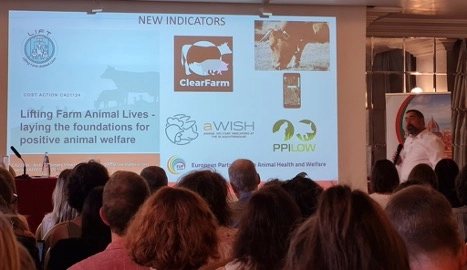
1